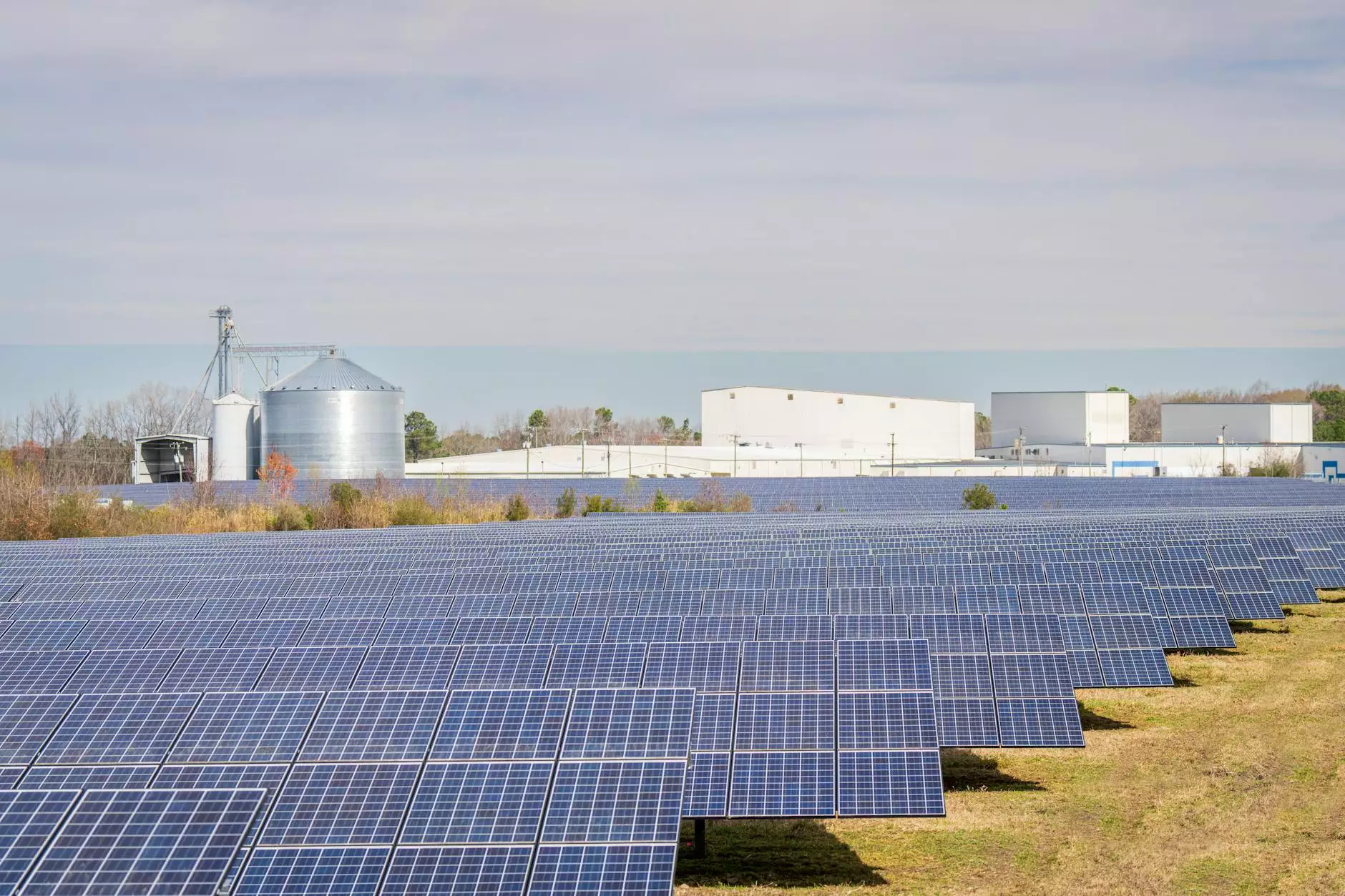The Power of Diesel Generators in Modern Business

Diesel generators have become an essential component for businesses and industries around the world. Their reliability and efficiency make them a perfect choice for ensuring uninterrupted power supply across various applications. In this article, we’ll explore the key benefits, applications, and factors to consider when selecting a diesel generator.
What is a Diesel Generator?
A diesel generator is a combination of a diesel engine and an electric generator (often an alternator) to generate electrical energy. They are widely used due to their ability to produce a significant amount of power and their efficiency in fuel consumption. Unlike traditional generators that rely on gasoline, diesel generators operate on diesel fuel, making them more efficient for large-scale applications.
Benefits of Diesel Generators
The advantages of using diesel generators are vast. Here are some of the key benefits:
- High Efficiency: Diesel engines are more fuel-efficient compared to gasoline engines, leading to lower operating costs.
- Longevity: Diesel generators tend to have a longer operational lifespan when maintained properly, thanks to their robust construction.
- Power Output: They provide a higher power output, making them suitable for heavy-duty applications.
- Lower CO2 Emissions: Diesel generators emit less carbon dioxide compared to gasoline generators, making them a more environmentally friendly choice.
- Fuel Availability: Diesel fuel is readily available and can often be stored for longer periods compared to gasoline.
Applications of Diesel Generators
Diesel generators have a wide range of applications across various sectors. Some notable uses include:
- Industrial Applications: Used in manufacturing plants, construction sites, and warehouses where consistent power supply is critical.
- Commercial Buildings: Businesses use diesel generators for backup power to ensure operations continue during outages.
- Remote Locations: Ideal for providing power in areas not connected to the grid, such as mining sites or rural areas.
- Emergency Power Supply: Diesel generators are perfect for hospitals and critical care facilities that cannot afford to lose power.
- Events: Temporary power solutions for large events, concerts, and festivals where the utility grid cannot meet energy demands.
How to Choose the Right Diesel Generator
Selecting the right diesel generator for your needs involves careful consideration of several factors:
1. Power Requirements
Calculate the total wattage required by all the appliances and equipment you plan to operate. A generator should be able to supply at least 20% more than your total demand to avoid overloading.
2. Fuel Tank Size
Consider the generator's fuel tank size, which determines how long it can run without refueling. If uninterrupted power is essential, a larger tank can save time and effort.
3. Noise Level
Diesel generators can be noisy. Evaluate the noise levels, especially if the generator will be used in noise-sensitive areas. Look for models with noise reduction features.
4. Maintenance Requirements
Regular maintenance is crucial for longevity. Choose a generator that offers easy access to components for servicing and has readily available spare parts.
5. Brand Reputation
Research the reputation of the manufacturer. Companies like engine-family.com are known for quality and reliability in the market. Read customer reviews and check for warranties offered.
Common Myths about Diesel Generators
Despite their advantages, several myths surround diesel generators. Let's debunk some of these misconceptions:
- Myth 1: Diesel generators are always noisy. Truth: While they can be noisy, many models are designed with soundproofing features.
- Myth 2: They are only for industrial use. Truth: Diesel generators are versatile and suitable for both commercial and residential applications.
- Myth 3: They are expensive to maintain. Truth: Although they require more expensive fuel, their longevity and fuel efficiency often result in lower overall costs.
Environmental Impact of Diesel Generators
With rising concerns about climate change, it’s essential to consider the environmental impact of diesel generators. Here are points to consider:
- Modern diesel generators are designed to reduce emissions and adhere to strict environmental regulations.
- Many units now incorporate technologies such as exhaust after-treatment systems to minimize harmful emissions.
- Choosing a well-maintained generator reduces the environmental footprint significantly.
Future Trends in Diesel Generator Technology
The diesel generator industry is evolving rapidly. Here are some trends shaping the future of diesel generators:
- Hybrid Systems: Combining diesel generators with renewable energy sources to create hybrid power systems.
- Smart Generators: Incorporating IoT technology for monitoring performance and predictive maintenance.
- Emissions Reduction: Advances in technology aim to further reduce the carbon footprint of diesel generators.
Conclusion
In conclusion, diesel generators play a crucial role in ensuring a reliable power supply for various applications, from industrial use to emergency backup systems. Their benefits far outweigh the few downsides, making them a preferred choice for many businesses and industries. As technology continues to advance, we can expect further enhancements to efficiency and emissions reduction, cementing their place as a vital component in energy generation.
For premium diesel generator solutions, consider exploring the offerings from engine-family.com. Their commitment to quality and service excellence makes them a trusted supplier in the industry.









